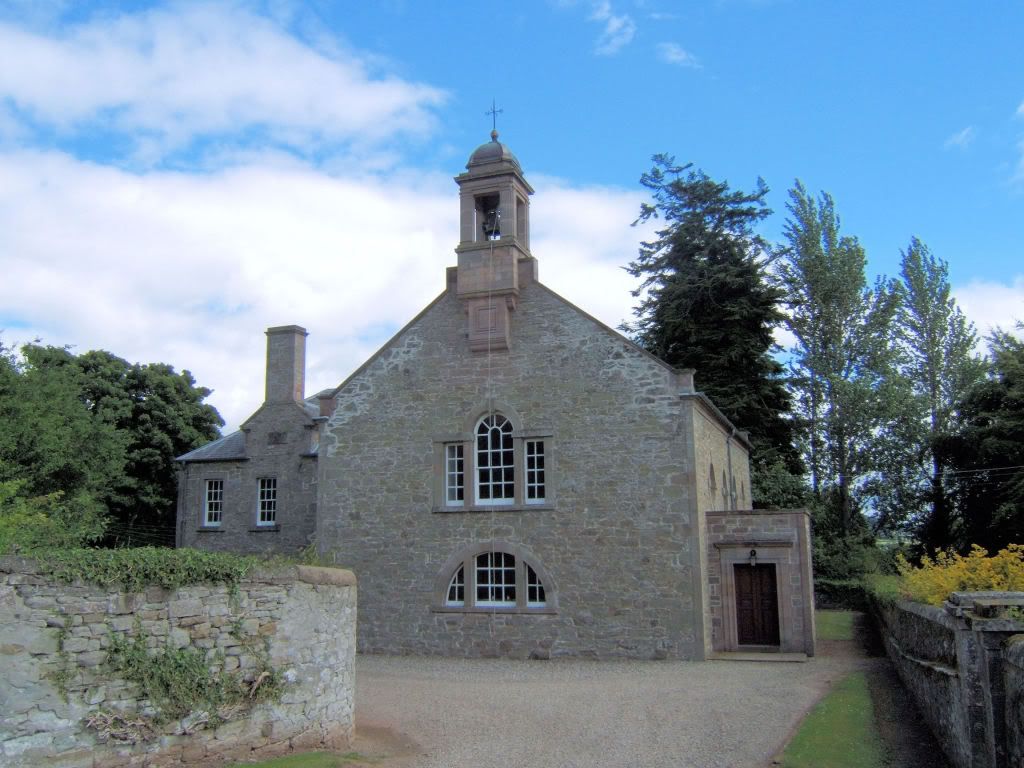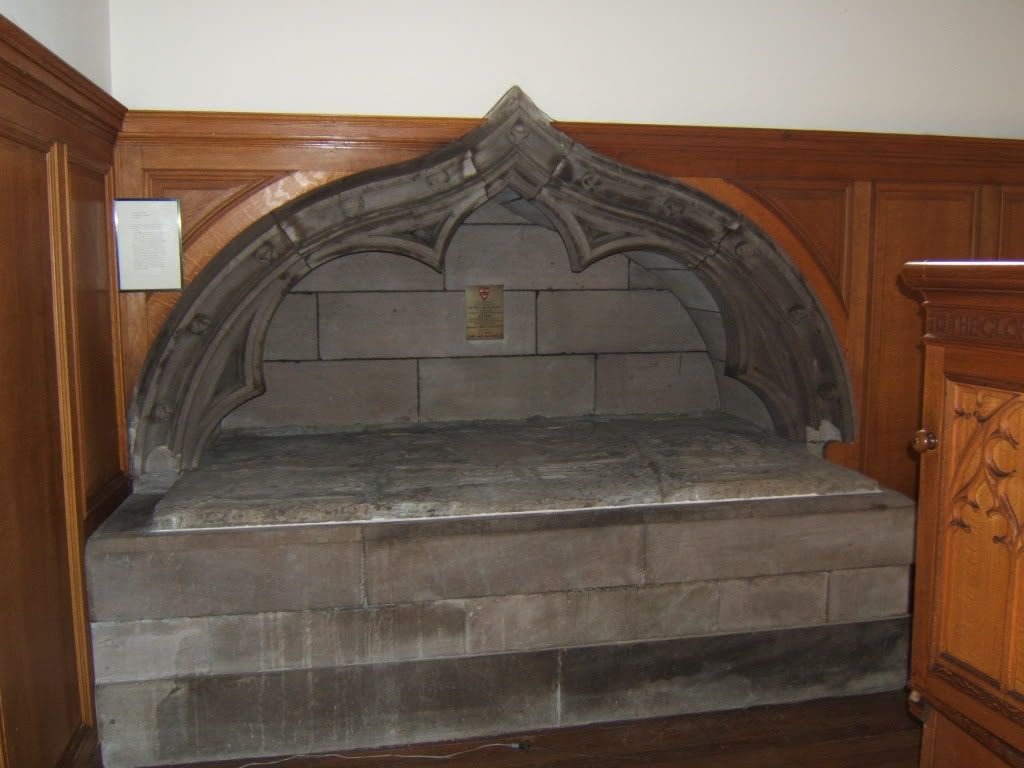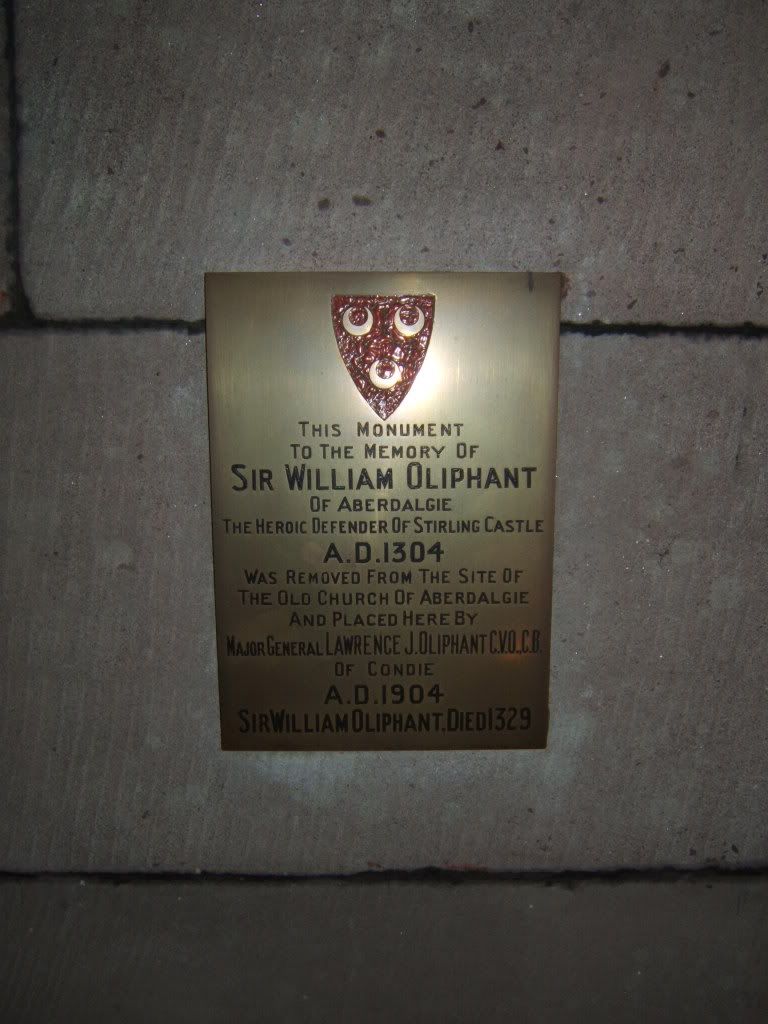dhubthaigh
Our first ever 1000-poster

Joined: 19 Dec 2006
Posts: 5071
Location: Blairgowrie, Perthshire
|
 Posted: Fri Jun 27, 2008 4:52 pm Post subject: Posted: Fri Jun 27, 2008 4:52 pm Post subject: |
 |
|
In the late 13th century, after the death of Alexander III, Scotland was left without a King. His heir Margaret, died soon afterwards, and the nobles of Scotland came together to rule Scotland (to be known collectively as the Guardians of Scotland). Three claimants to the throne emerged, John Balliol, the Comyn and Robert Bruce. The Scots sought the aid of King Edward I ("Longshanks") of England to adjudicate the contest. Edward quickly exploited this situation to the utmost and, soon after placing the weaker Balliol on the throne (known by many as "toom tobard", meaning empty coat,) invaded Scotland and named himself overlord. At this low point in Scottish History most noblemen and clans, due to the overwhelming power held by Edward, were forced to pay homage to Edward and to England. Few held out against the English overlord, but it was they who became the backbone of the Scottish fight for independence. In particular, four men of note refused to submit to the English domination: William Wallace (considered by many Scotland's greatest hero), John de Soulis, Simon Fraser, and William Oliphant.
Sir William Oliphant of Aberdalgie, known in many history books as "the gallant knight", was a champion of Scottish patriotism. He was held in high esteem by the Guardians of Scotland, who placed him as governor of the most pivotal Scottish stronghold of Stirling Castle.
Stirling Castle changed hands many times throughout the wars of Independence, as it was considered to be the most strategically important castle in all of Scotland. After the Guardians of Scotland reclaimed Stirling in the early 14th century, a garrison was placed at the castle under Sir William Oliphant.
In 1304, Edward resumed his reign of terror on Scotland, intent on capturing the last stronghold left in the hands of the Guardians of Scotland, and with it, Sir William. Oliphant, commanding 50 or so brave highlanders (including 3 other Oliphants,) with his cousin Sir William Oliphant of Dupplin as second in command. Sir William of Aberdalgie refused to accept Edward I's conditions of surrender, a challenge to which Edward gladly took. Great crowds of English and Scots came to watch the siege and even the Queen was present, a hole being cut out the wall of a house nearby, so that she could be entertained in comfort. Sir William saw no end to the siege in sight, and as his garrison was cut off from supplies, asked that Edward allow him to send a messenger to his master (perhaps Wallace, but more likely the head of the Guardians at the time, John Balliol, King of Scots), to see if it was in his wishes that Oliphant and the garrison surrender to the English. Edward refused this simple request, for the reason that he wanted to test his war engines (trebuchets to catapult large stones or diseased carcasses into the castle), which bore such names as the Ram, the Vicar, and the War-wolf. These great siege engines (13 in all) were employed, and commanded, in one of his stints of allegiance to the English sovereign, by Robert Bruce. Oliphant defiantly held the castle (to which William Wallace himself visited many times during the siege, bringing clandestine aid to Oliphant, as were the original wishes of the Guardians, for more than three months, until August of 1304, when Oliphant was forced into surrender. He was paraded in front of King Edward with his men, naked, and chained by the neck, when he asked for the mercy of his men. Edward reputedly answered, "ask not for mercy, ask what is my will", meaning that he, as a great king, had already made his mind to have Sir William killed. However, the Queen, having witnessed the siege, and the gallant defence put up by Scots, begged for the mercy of the commander, which request was granted. Sir William was imprisoned in the tower of London.
After four years, Sir William Oliphant of Aberdalgie was released by King Edward I's son, Edward II, following Sir William having agreed to do the king's work. He was placed as keeper of Perth, and was attacked there in 1312, ironically, by Robert Bruce, who had attacked him on behalf of the English at Stirling Castle. Bruce was held out of the town for 2 months by the garrison under Oliphant, until a midnight raid, led by Bruce himself, allowed Bruce to capture the town. Oliphant's defence of Stirling seemed not to be forgotten by The Bruce (to this day a plaque to Sir William Oliphant of Aberdalgie is set into a wall Stirling Castle), as he was the only man of importance that was not executed by Bruce's forces, being sent instead to the Isles to be held. It is believed that he died during his exile to the Isles, as he "appears no more in record(s)" according the the Scots Peerage. |
|





